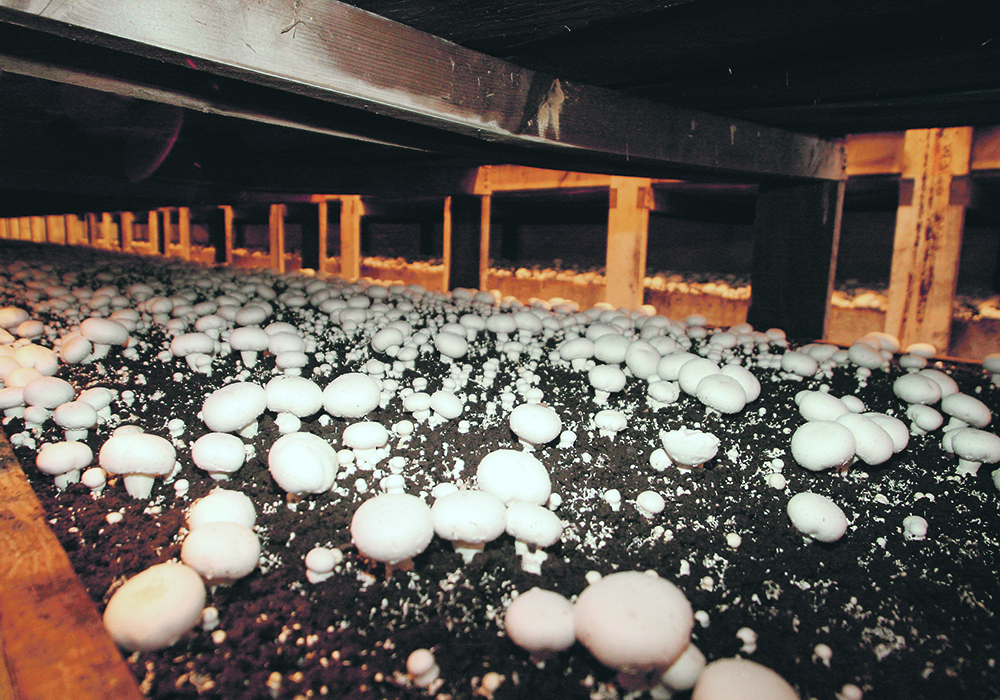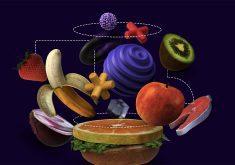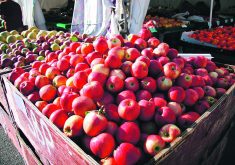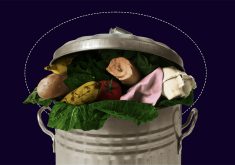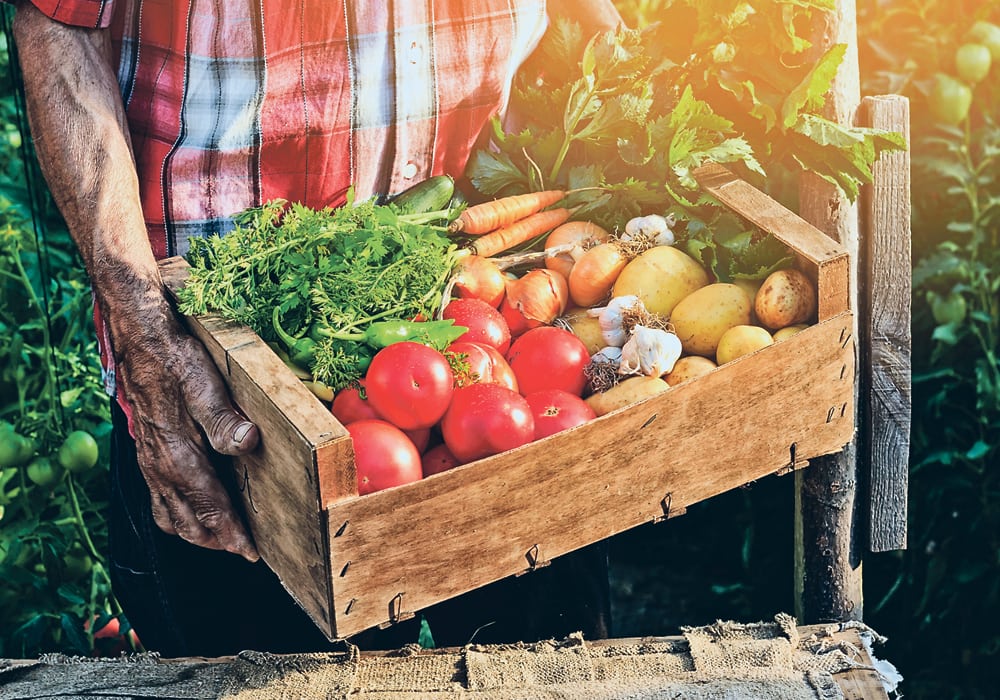Six finalists in Canada’s Food Waste Reduction Challenge were announced Jan. 16.
Federal agriculture minister Marie-Claude Bibeau revealed the names of the six in the Novel Technologies stream, chosen from the 18 semi-finalists announced a year ago, during a virtual press conference.
At that time each semi-finalist received $100,000 to build a prototype of their technology. An external review committee chose the finalists who now receive up to $450,000 to test their technology with at least one partner.
Read Also

Canadian Food Inspection Agency extends chronic wasting disease control program consultation deadline
Date extended for consultation period of changes to CWD program
There will be two winners of up to $1 million announced in a year.
The six finalists are:
- Alt Tex Inc. from Kitchener, Ont. — Co-founder and chief executive officer Myra Ashad said this company can produce a biodegradable and carbon neutral alternative to polyester. The product is manufactured from food waste.
“We put it through a patent-pending fermentation technology that converts food waste to a textile-grade bioplastic and that bioplastic plugs into polyester’s existing manufacturing system, where it’s then converted into fabrics for sale to fashion brands,” she said.
Polyester, a petroleum product, accounts for about 60 percent of the material in clothing.
- Aruna Revolution Health Inc., Trois-Rivieres, Que. — Co-founder Rashmi Prakash said the company has found a way to create compostable menstrual pads using the natural fibres from food and crop waste.
“Right now, billions of plastic menstrual pads and tonnes of food waste are ending up in the landfill, causing microplastics and greenhouse gas emissions to be released into the environment,” she said.
They take about 500 years to break down, she said.
- Carbon Lock Tech, Winnipeg — Chief executive officer Kevin Danner said the company converts food waste into stable biocarbon that can sequester carbon for hundreds of years. Biochar can be used in agricultural soils to reduce nutrient runoff and hold on to moisture, he said. It can be used in concrete and asphalt to reduce the cement and bitumen used.
“It’s a filtration medium. It can be used for soil remediation. It can even be turned into 3D printing ink and bioplastics,” Danner said. Ultimately, the company wants to be able to establish carbonization systems that generate carbon offset credits and revenue for communities.
- Chinova Bioworks, Fredericton, N.B. — Natasha Dhayagude, chief executive officer and cofounder, said this company’s product is a natural preservative derived from white button mushroom stems. It helps improve the quality, freshness and shelf life of foods and beverages, she said.
“People have been using the same traditional preservatives for decades,” she said, referring to artificial ingredients. The mushroom-based product is a natural, sustainable, clean solution, she said.
- Clean Works Inc., St. Catharines, Ont. — Denise VanderVeen, director of business development, described a process to disinfect post-harvest packaging and equipment. It uses hydrogen peroxide, ozone and ultraviolet light to control powdery mildew, particularly on grape vines in Ontario vineyards, and other bacteria and moulds. The company is working on a prototype that will be able to treat crops, including grains, while they are still standing in the field.
- Genecis Bioindustries Inc., Scarborough, Ont. — This company is using specialized bacteria to convert food waste into compostable bioplastics. Growth and partnerships lead Robert Celik said these plastics can replace up to 60 percent of petroleum plastics. The company uses a proprietary fermentation process to turn food waste into intermediary molecules and then feed these to bioplastic-producing bacteria. It is working on a larger demonstration project with the country’s largest biogas plant in London, Ont.


